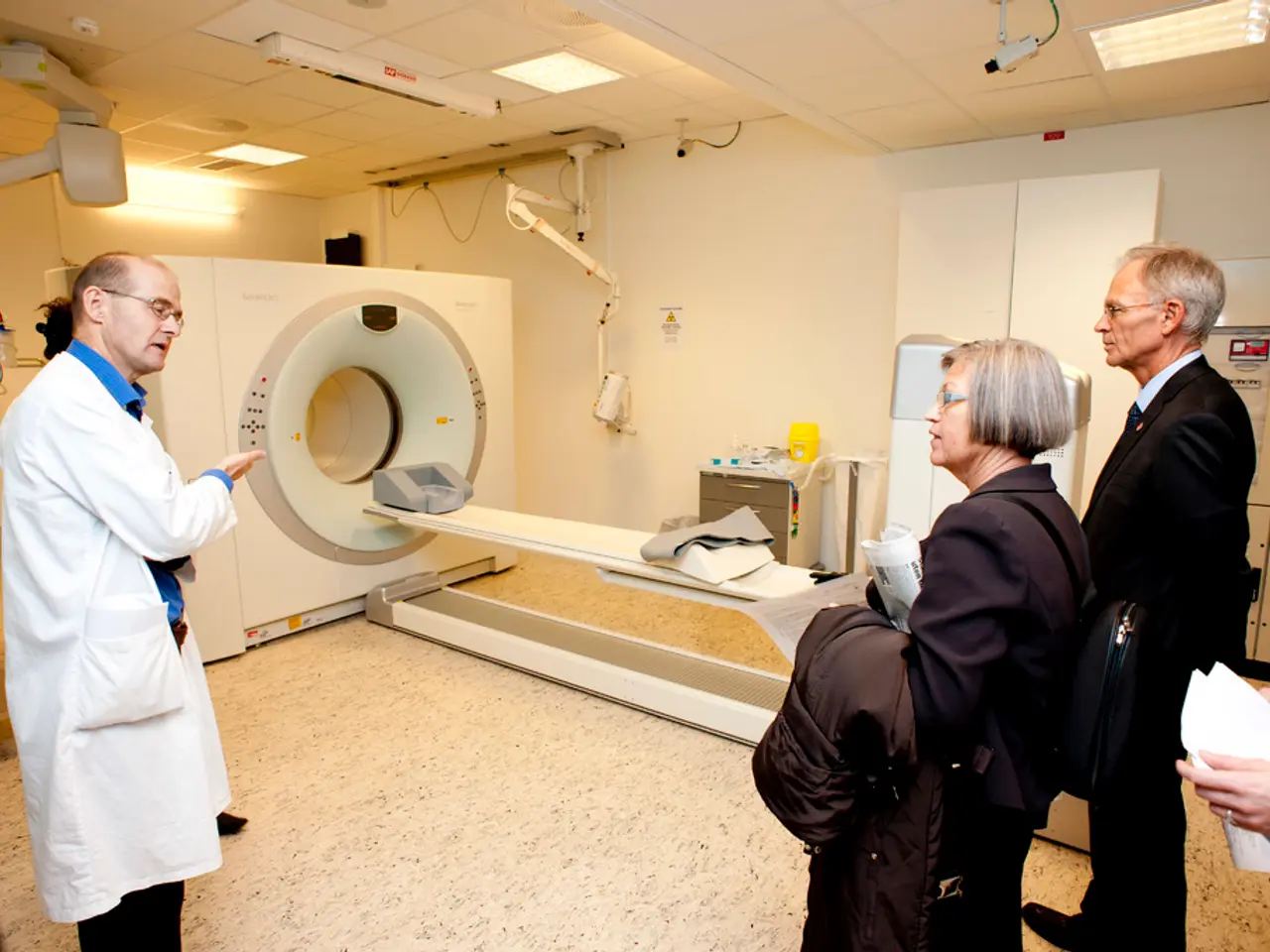Over-reliance on AI may impair doctors' judgment, according to a new study.
In a groundbreaking study published in The Lancet Gastroenterology & Hepatology, researchers from Purdue University have found that continuous exposure to AI assistance during colonoscopies may unintentionally impair endoscopists' ability to detect adenomas independently.
The study, which involved 19 highly experienced endoscopists between September 2021 and March 2022, revealed a significant decline in adenoma detection rates (ADR) in non-AI-assisted colonoscopies after endoscopists were exposed to AI. Specifically, the ADR dropped from approximately 28.4% before AI use to 22.4% after AI exposure, a 6 percentage point absolute decrease and about a 20% relative reduction.
Interestingly, AI-assisted colonoscopies showed a higher ADR (around 25.3%) compared to non-AI-assisted procedures post-AI exposure. However, the main concern was the reduced detection capability without AI. The decline in non-AI ADR happened despite patient and procedural factors that would typically favor higher detection rates, indicating that the drop is likely related to changes in endoscopist behavior.
The decline was observed broadly among most endoscopists except a few, suggesting a widespread potential deskilling effect. Subgroup analyses indicated that centers with initially higher detection rates experienced more pronounced declines, and female endoscopists or female patients might be more affected, though further research is needed.
Experts interpret this decline as a possible deskilling or reduced vigilance effect: endoscopists may increasingly depend on AI to identify adenomas and inadvertently lose some detection skills or confidence when AI is not used. Clinicians and researchers recommend careful, wise integration of AI so that it supplements rather than replaces endoscopist skills, as maintaining human pattern recognition and judgment remains essential for patient outcomes.
The study from Purdue researchers references psychologist Lisanne Bainbridge's 1983 work "Ironies of Automation", which explores how automation of industrial processes may expand problems for human system operators. The situation is similar for designers who come to rely on AI, suggesting excessive delegation may unintentionally hinder skill development.
Arvind Narayanan, a computer scientist from Princeton University, recently argued that developer deskilling as a result of AI is a concern. Similarly, the European Society of Gastrointestinal Endoscopy (ESGE) warned about the risk of "deskilling" in its AI guidelines in 2019.
Another study published by MIT researchers found the use of LLM chatbots associated with lower brain activity, but it did not focus on AI's impact on healthcare specifically. The authors of the Purdue study hope the findings will prompt further research into the impact of AI on healthcare.
In conclusion, while AI has been shown to increase adenoma detection during AI-assisted colonoscopies, it may unintentionally impair endoscopists' ability to detect adenomas independently, lowering non-AI ADR and potentially impacting long-term clinical outcomes if not addressed. Careful consideration must be given to the integration of AI in medical procedures to ensure it supplements rather than replaces human skills and judgement.
[1] Source: The Lancet Gastroenterology & Hepatology [2] Source: Journal of Clinical Gastroenterology [3] Source: Gastrointestinal Endoscopy [4] Source: Endoscopy [5] Source: The American Journal of Gastroenterology





